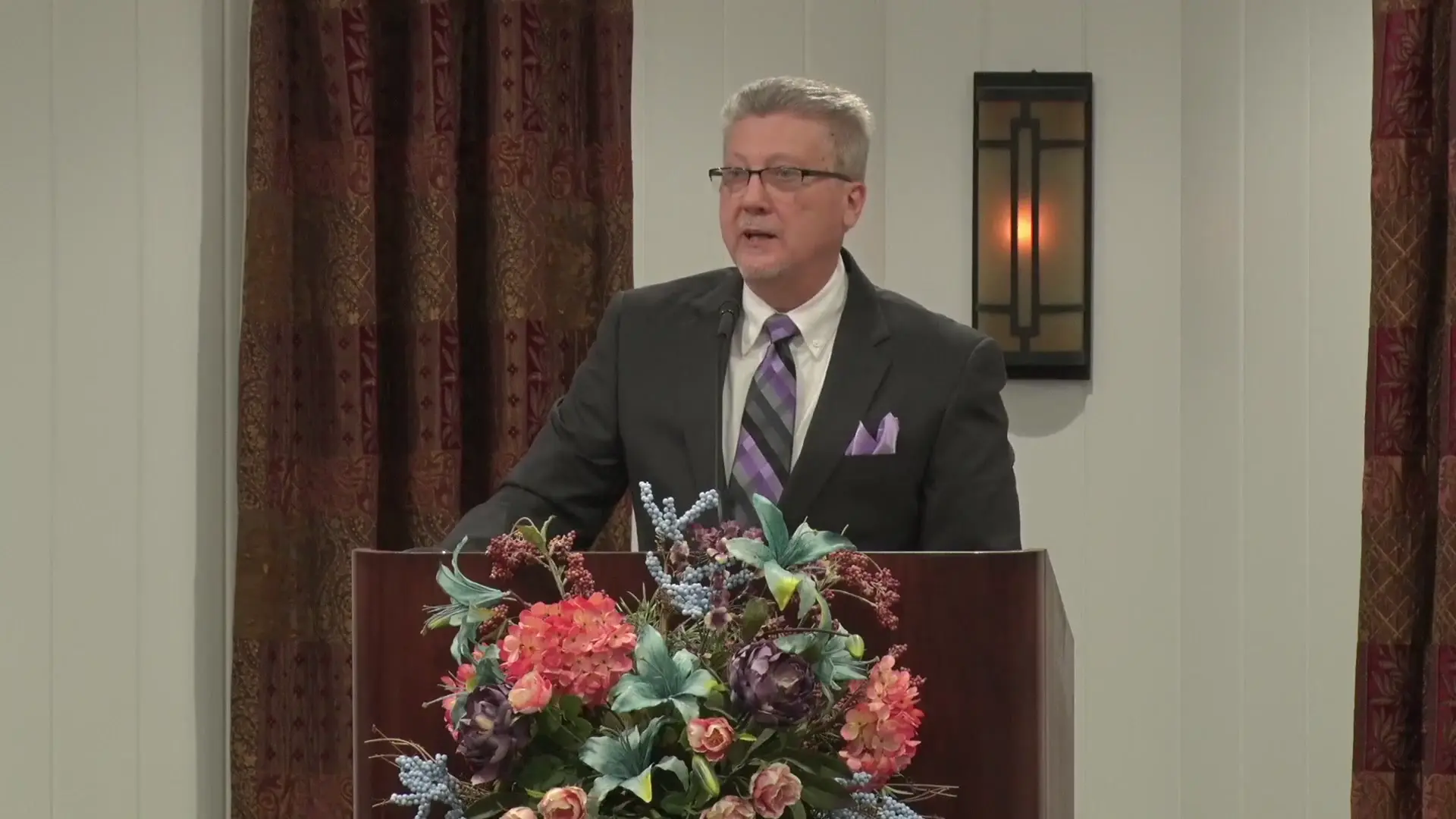Filter by Categories
Elements of a Thanksgiving Offering
Sermonette by Martin G. CollinsThe Israelites expressed their gratitude through the thanksgiving offering, often referred to as a peace offering, and sometimes as a thank offering, fellowship offering, praise offering, or vow offering, depending on its purpose. As detailed in Leviticus 22:29, God, through Moses, instructed that such offerings must be given of one's own free will to be acceptable to Him. This thanksgiving offering, an animal sacrifice in ancient Israel, embodied praise toward God and was considered a sweet aroma to Him when offered without blemish and with pure intent, as described in Leviticus 3:1-5. The thanksgiving offering was burnt on top of the burnt offering and meal offering, symbolizing a layered expression of devotion and reverence. It was entirely voluntary, viewed as a privilege rather than a duty, and held a celebrative role, emblematic of joy and celebration, particularly during feast days. This offering reflected moments of gratitude and was a prominent feature in rituals of thanksgiving. God desires that offerings, including those given on holy days, be presented freely and as a privilege, not out of obligation. The sacrificial laws of the Old Covenant focused on outward conformity but could not dictate inner attitudes, though such attitudes are essential for fulfilling God's will. An offering today must be unblemished, given with pure motives, and offered faithfully and thankfully to be acceptable to Him. This mirrors the spirit of the thanksgiving offering, where giving thanks for God's grace becomes a refined expression of seeking more of His favor.
Offerings (Part Four)
Sermon/Bible Study by John W. RitenbaughThe peace offering symbolizes the abundant life that results from complete devotion to God (the burnt offering) and service to others (the meal offering).

Psalm Genres (Part One): Psalms of Thanksgiving
Sermon by Richard T. RitenbaughPsalms of Thanksgiving consists of a rich biblical genre, expressing gratitude not merely through words, but through praise, action, and loyalty to God.
The Offerings of Leviticus (Part Four): The Peace Offering
'Personal' from John W. RitenbaughThe peace (or thank) offering was the most commonly given in ancient Israel. It pictures God, the priest, and the offerer in satisfying fellowship.
Offerings (Part Five)
Sermon/Bible Study by John W. RitenbaughWe give peace offerings today through living sacrifice, keeping God's law out of love and to glorify Him rather than just to perform duty.

Tithing: 'Try Me Now!' (Part One)
Sermon by Martin G. CollinsThe tithes did not belong to the Levites, but to God who commanded their services on behalf of the people. Refusal to tithe robs God.
Facing Times of Stress: Faithfulness
Sermon by Martin G. CollinsPrayers often become difficult because we fail to add thanksgiving, praise or adoration toward God. Thankfulness is an obligation to which we are bound.
Thank You for Finishing What You Start!
Sermon by Martin G. CollinsWe should be thankful to God for His Holy Spirit, spiritual blessings, fellowship, as well as God's promise that He will finish what He has started.
New Covenant Priesthood (Part Four)
Sermon by John W. RitenbaughSacrifices of thanksgiving, praise, and gratitude are required of God's called out priests. By meditating on the right things, we prepare ourselves for prayer.
The Sacrifices of Leviticus (Part 5)
Sermon by John W. RitenbaughThe meal offering represents the intense self-sacrifice required in service to man. Our service to man must be done for God's sake rather than man's appreciation.

Why Is Atonement a Fall Festival?
Sermon by Richard T. RitenbaughThough Passover and Atonement both deal with Christ's sacrifice, several reasons emerge to make Atonement a better fit for the fall holy days.
Malachi's Appeal to Backsliders (Part Three)
Sermon by Martin G. CollinsWe must be careful when we ask for justice, for our request might come back to bite us. Those begging for justice will indeed get what they ask for.

Tithing: 'Try Me Now!' (Part Two)
Sermon by Martin G. CollinsTithing requires faith and trust in God, who provides our ability to acquire wealth. Each member must make his own decision. Tithing is based on increase.
Eucatastrophe
Sermonette by Richard T. RitenbaughEucatastrophe is an unraveling that ends up good. The Bible contains a number of eucatastrophes, including the death of Christ, a tragedy that turns into good.

The New Moons
'Personal' from John W. RitenbaughA concise explanation of what the Bible says about New Moons and what that means to us today — what it means to 'observe' the New Moons.